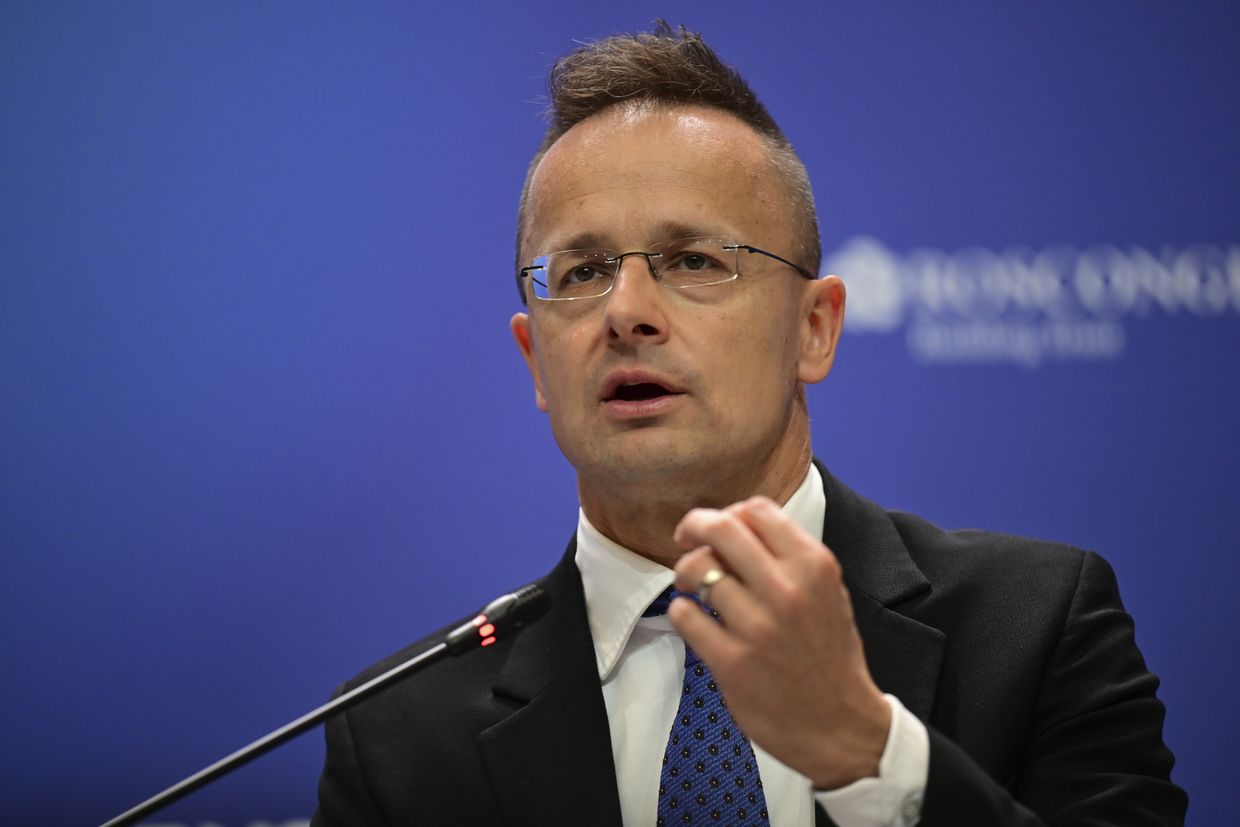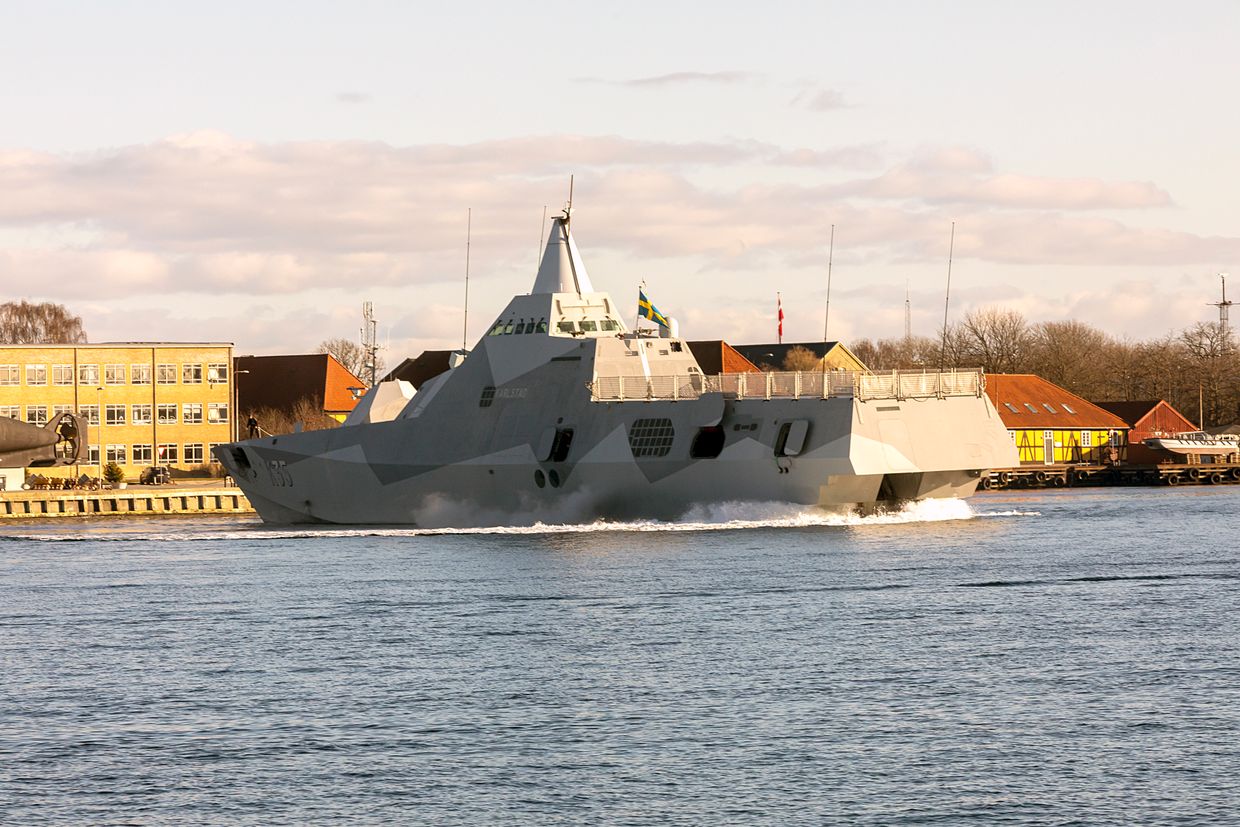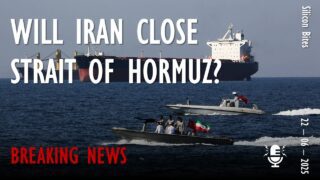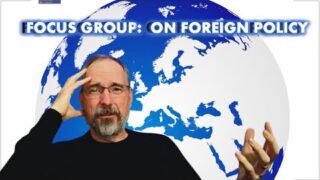
Hungary's FM criticizes Ukraine for gas transit halt, claims 20% rise in gas prices
Hungarian Foreign Minister Peter Szijjarto accused Ukraine of exacerbating Europe's economic challenges by halting Russian gas transit, leading to a 20% rise in natural gas prices on the European market, in a post published on Facebook on Jan. 7.
Ukraine refused to prolong an agreement with Russia on Russian natural gas transit through its territory that expired on Jan. 1, citing its refusal to finance Russia’s war. While the EU has worked to reduce reliance on Russian fossil fuels, countries like Hungary and Slovakia remain dependent on Russian gas.
Szijjarto criticized Ukraine’s actions, claiming they put the European economy, particularly Central Europe, in a difficult position. "Although Ukraine is trying to join the EU as a candidate for membership, with its latest decision, it has once again put the European economy in a difficult situation," he said.
He also claimed that Hungary has diversified its energy sources and will not be significantly affected by rising prices. Hungary annually imports approximately 4.5 billion cubic meters of Russian gas under a 15-year agreement signed in 2021.
Alongside Slovakia and Austria, Hungary remains reliant on Russian gas purchased through Gazprombank, which is under Western sanctions.
Szijjarto said he had met with Slovak Foreign Minister Juraj Blanar to analyze the situation and emphasized that Ukraine must uphold its EU association agreement, which includes commitments to maintain energy transportation routes.
Slovak, Ukrainian, and European Commission representatives were scheduled to meet on Jan. 7 in Brussels to discuss the transit shutdown.
However, the meeting was canceled. While Slovakia claimed that Ukraine refused to participate, Kyiv refuted the claim. Since Ukraine's energy minister was forced to stay in Ukraine due to the "difficult situation in the energy sector," he suggested holding the discussions online, Kyiv said. The European Commission said it was working to reschedule the talks and affirmed that the EU energy market remains stable despite the transit halt.
Hungary, seen as the EU’s most Moscow-friendly member, has repeatedly blocked sanctions against Russia and aid to Ukraine. Szijjarto has continued to visit Russia throughout the war, setting Hungary apart from other EU nations.












